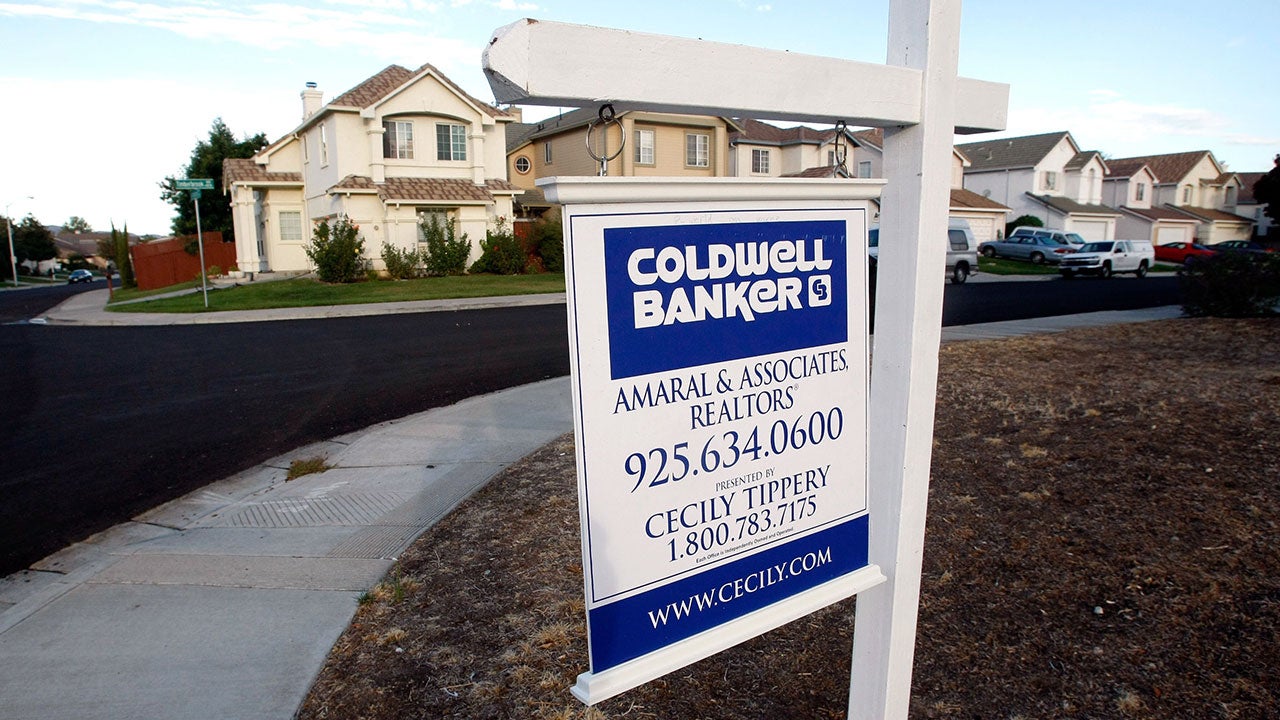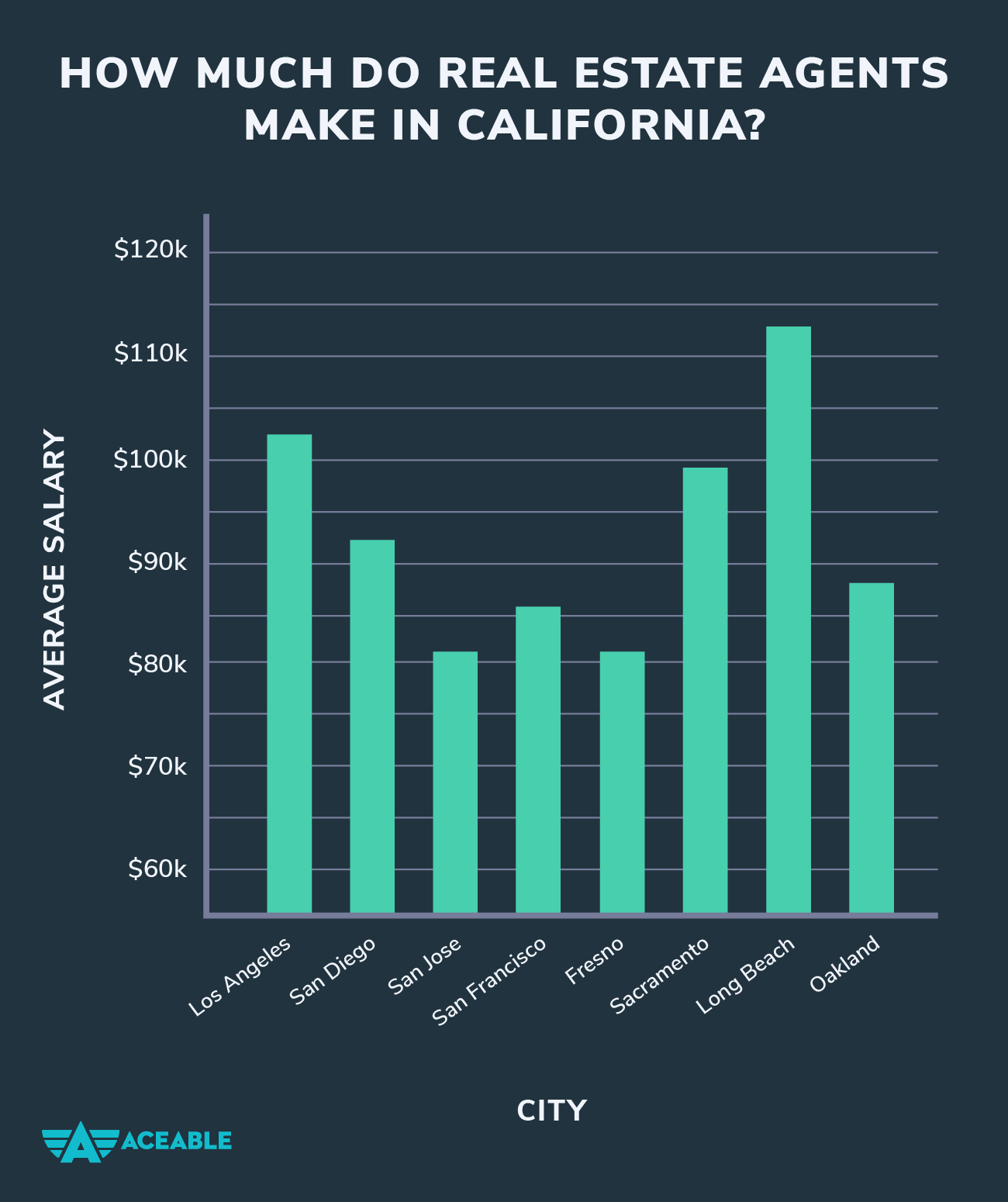
What are closing costs?
Closing costs refer to additional fees you must pay after the purchase of a home. They include taxes and fees related to the real estate transaction. They are paid by the buyer and the seller, depending on who is responsible for a specific part of the process.
These costs can be a combination between one-time charges and initial monthly installments for recurring expenses. These costs can include homeowners' insurance and property taxes, and they vary from lender-to-lender.
Some of these charges are fixed while others are calculated based on your loan amount. You will likely be required to pay an application charge, attorney fees and courier charges.
The typical closing costs of a buyer
Closing fees are about 6 percent of the average purchase price. These costs fluctuate depending on state and local property taxes. These fees can include the title company fee, escrow charge, appraisal fee and record filing.

What are the typical closing costs of refinances?
Closing expenses for a refinanced loan are generally lower, but still have to be included. A Loan Estimate is usually sent by lenders to the buyer within three days after they apply for a mortgage. It includes estimated closing costs as well as other details.
The estimate should be both accurate and easily understandable. These documents should be carefully read, and you should ask questions if there is anything that you do not understand.
What are the closing costs for home buyers?
Home sellers typically have to pay a variety of closing costs, including broker's commissions and property transfer taxes. They often also have to pay for prepaid interest on the mortgage, as well as home inspection and pest inspection fees.
If they can convince the service provider to reduce their charges, then they can negotiate on these costs. The buyer can ask for a "seller credit" which is a contribution from the seller towards the closing costs.
How to avoid the closing costs of a home?
Shopping around for the right mortgage is the best way to avoid these costs. Be sure to check your credit, debt ratio and downpayment before applying for any mortgage.

Getting preapproved for a mortgage will help you understand how much your closing costs will be, and it will give you time to research prices in your desired neighborhood and city. It will allow you to compare lenders and fees before making your final decision.
A seller's mortgage tax recording fee and a transfer of title fee are also payable by the seller. They usually amount to 1.825% of home sale price. Buyers often overlook these fees, which can add up to 2% on the price of a home.
FAQ
What can I do to fix my roof?
Roofs may leak from improper maintenance, age, and weather. Roofers can assist with minor repairs or replacements. Contact us for more information.
How many times may I refinance my home mortgage?
It depends on whether you're refinancing with another lender, or using a broker to help you find a mortgage. In both cases, you can usually refinance every five years.
What are the advantages of a fixed rate mortgage?
Fixed-rate mortgages guarantee that the interest rate will remain the same for the duration of the loan. This will ensure that there are no rising interest rates. Fixed-rate loans come with lower payments as they are locked in for a specified term.
Statistics
- This means that all of your housing-related expenses each month do not exceed 43% of your monthly income. (fortunebuilders.com)
- 10 years ago, homeownership was nearly 70%. (fortunebuilders.com)
- This seems to be a more popular trend as the U.S. Census Bureau reports the homeownership rate was around 65% last year. (fortunebuilders.com)
- Over the past year, mortgage rates have hovered between 3.9 and 4.5 percent—a less significant increase. (fortunebuilders.com)
- Based on your credit scores and other financial details, your lender offers you a 3.5% interest rate on loan. (investopedia.com)
External Links
How To
How to manage a rental property
Renting your home can be a great way to make extra money, but there's a lot to think about before you start. We'll show you what to consider when deciding whether to rent your home and give you tips on managing a rental property.
Here are the basics to help you start thinking about renting out a home.
-
What are the first things I should consider? Consider your finances before you decide whether to rent out your house. If you are in debt, such as mortgage or credit card payments, it may be difficult to pay another person to live in your home while on vacation. Check your budget. If your monthly expenses are not covered by your rent, utilities and insurance, it is a sign that you need to reevaluate your finances. It may not be worth it.
-
How much does it cost for me to rent my house? The cost of renting your home depends on many factors. These include things like location, size, features, condition, and even the season. Remember that prices can vary depending on where your live so you shouldn't expect to receive the same rate anywhere. Rightmove reports that the average monthly market price to rent a one-bedroom flat is around PS1,400. If you were to rent your entire house, this would mean that you would earn approximately PS2,800 per year. While this isn't bad, if only you wanted to rent out a small portion of your house, you could make much more.
-
Is it worth the risk? You should always take risks when doing something new. But, if it increases your income, why not try it? Make sure that you fully understand the terms of any contract before you sign it. It's not enough to be able to spend more time with your loved ones. You'll need to manage maintenance costs, repair and clean up the house. These are important issues to consider before you sign up.
-
Are there any benefits? You now know the costs of renting out your house and feel confident in its value. Now, think about the benefits. Renting your home is a great way to get out of the grind and enjoy some peace from your day. No matter what your choice, renting is likely to be more rewarding than working every single day. You could make renting a part-time job if you plan ahead.
-
How do I find tenants Once you've decided that you want to rent out, you'll need to advertise your property properly. You can start by listing your property online on websites such as Rightmove and Zoopla. Once potential tenants contact you, you'll need to arrange an interview. This will enable you to evaluate their suitability and verify that they are financially stable enough for you to rent your home.
-
What are the best ways to ensure that I am protected? If you fear that your home will be left empty, you need to ensure your home is protected against theft, damage, or fire. Your landlord will require you to insure your house. You can also do this directly with an insurance company. Your landlord will often require you to add them to your policy as an additional insured. This means that they'll pay for damages to your property while you're not there. This doesn't apply to if you live abroad or if the landlord isn’t registered with UK insurances. In such cases, you will need to register for an international insurance company.
-
Even if your job is outside the home, you might feel you cannot afford to spend too much time looking for tenants. Your property should be advertised with professionalism. You should create a professional-looking website and post ads online, including in local newspapers and magazines. Additionally, you'll need to fill out an application and provide references. Some people prefer to do everything themselves while others hire agents who will take care of all the details. It doesn't matter what you do, you will need to be ready for questions during interviews.
-
What happens once I find my tenant You will need to notify your tenant about any changes you make, such as changing moving dates, if you have a lease. You can negotiate details such as the deposit and length of stay. Remember that even though you will be paid at the end of your tenancy, you still have to pay utilities.
-
How do I collect the rent? When it comes to collecting the rent, you will need to confirm that the tenant has made their payments. If not, you'll need to remind them of their obligations. After sending them a final statement, you can deduct any outstanding rent payments. If you are having difficulty finding your tenant, you can always contact the police. They will not usually evict someone unless they have a breached the contract. But, they can issue a warrant if necessary.
-
What can I do to avoid problems? You can rent your home out for a good income, but you need to ensure that you are safe. Ensure you install smoke alarms and carbon monoxide detectors and consider installing security cameras. Check with your neighbors to make sure that you are allowed to leave your property open at night. Also ensure that you have sufficient insurance. Finally, you should never let strangers into your house, even if they say they're moving in next door.